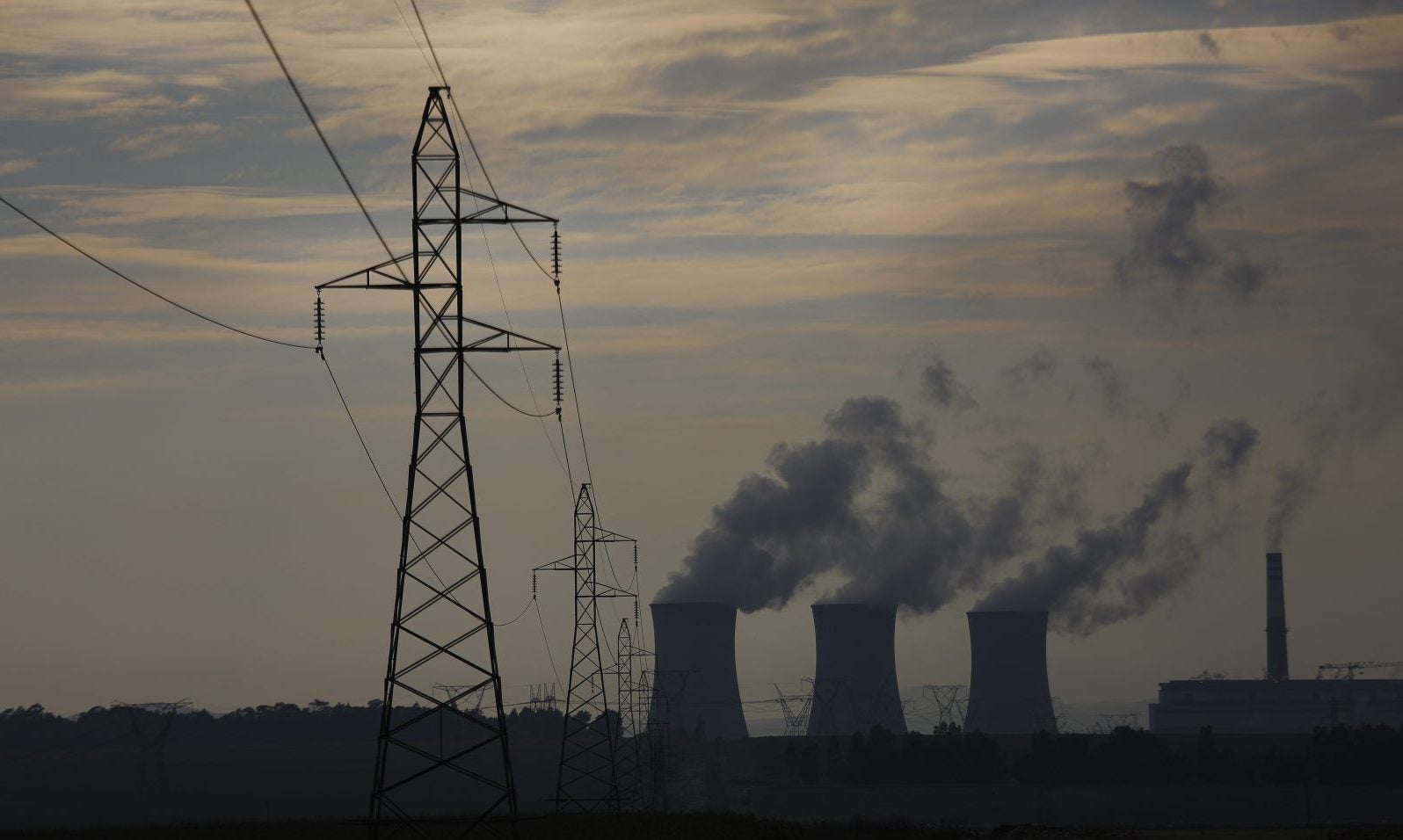South Africa’s most populous and intimidating city has been named its most environmentally friendly
In news that might surprise some, South Africa’s densely populated financial capital, Johannesburg, has been declared the country’s most environmentally friendly metro area in an annual government-run competition.


In news that might surprise some, South Africa’s densely populated financial capital, Johannesburg, has been declared the country’s most environmentally friendly metro area in an annual government-run competition.
The Greenest Municipality Competition, now in its sixth year (it was previously called the “Cleanest Town Competition”) was created by South Africa’s department of environmental affairs to encourage municipalities both small and large to actively work on sustainable solutions for their cities. Johannesburg was announced as the winner in the “metro” category on Aug. 29, while Polokwane, a city a little more than three hours north of Johannesburg, won in the “local” category.
As the winner of the competition, the Johannesburg metropolitan municipality will be given R3.5 million (about $270,000) to fund projects that help manage the city’s waste, build a greener economy, reduce the effects of climate change, and create job opportunities.
Johannesburg, home to over 4 million people, suffers from high levels of traffic congestion, growing urbanization, high crime rates, and is experiencing extensive new construction, making it difficult for the city to balance economic expansion with environmental protection. In 2013, the World Health Organization ranked Johannesburg as the seventh-most polluted city in the world. In 2016, air pollution tracking data from NASA showed Johannesburg-Pretoria as the country’s most-polluted metro area. Air pollution kills roughly 20,000 South Africans a year, according to a report released 2016 (pdf) by the World Bank.
But the city has also taken some long-term measures to mitigate its impact on climate change. It is one of the 90-plus cities in the C40 Cities Climate Leadership Group, which formed in 2005 to tackle pollution in major metro areas around the world. In 2014, it was the first city in the C40 group to issue a “green city bond,” which was valued at R1.5 billion (about $115 million), and encouraged businesses to invest in biogas projects, solar power initiatives, and dual-fuel buses. And last year, it was a finalist for the C40 group’s “clean energy” award along with four other cities, for building a facility (pdf), which used sewage pipes to generate renewable energy in the form of biogas.